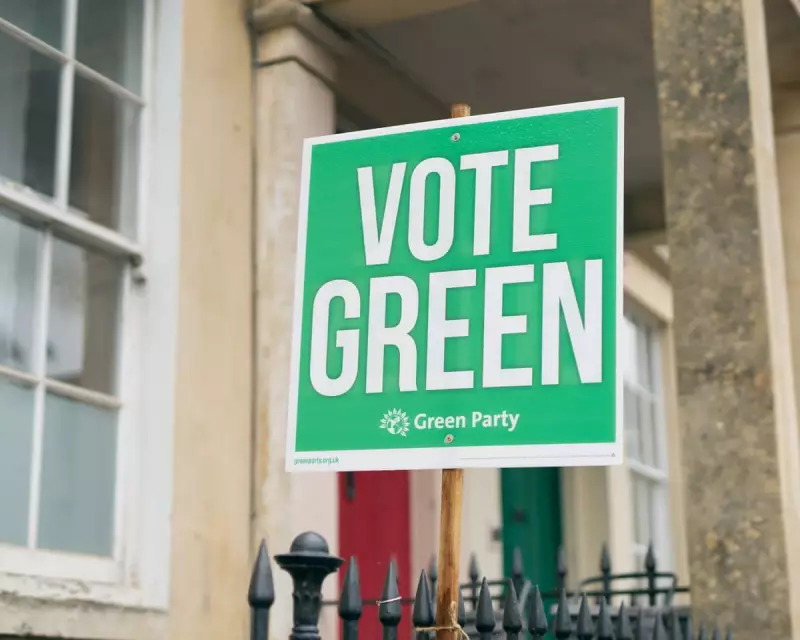
While Nigel Farage dominates headlines with his trademark bombast, a quieter but far more significant political revolution is unfolding within the Green Party of England and Wales. The real story isn't about Farage's fading influence; it's about the rise of Deputy Leader Zack Polanski and his mission to transform the Greens into a credible, coalition-ready force in British politics.
From Protest to Power: A New Green Pragmatism
Gone are the days when the Green Party was seen as a single-issue protest group. Under Polanski's strategic guidance, the party is undergoing a profound shift towards pragmatic policymaking. This isn't about diluting core environmental values; it's about broadening their appeal to address the cost-of-living crisis, housing, and public services with the same urgency as the climate emergency.
This strategic pivot positions the Greens not as eternal outsiders, but as potential partners in a future progressive coalition. Polanski's approach recognises that to implement meaningful green policies, one must first achieve tangible political power.
The Farage Distraction: Why the Media Narrative is Wrong
Media outlets remain obsessed with Nigel Farage's every move, creating a distorted picture of where real political momentum lies. The fascination with Farage represents nostalgia for the politics of division that characterised the Brexit era—a politics increasingly out of touch with today's challenges.
Meanwhile, Polanski and the Greens are building a forward-looking agenda that resonates with voters across traditional party lines, particularly younger demographics and those in urban areas who feel abandoned by both Labour and the Conservatives.
Building Bridges: The Coalition Strategy
The most striking aspect of the Greens' evolution is their explicit preparation for coalition government. Polanski has been instrumental in developing policies designed not just to win votes, but to withstand the compromises necessary in power-sharing arrangements.
This includes costed proposals on renewable energy, social housing, and tax reform that could form the basis of agreements with other parties. The Greens are no longer waiting for other parties to come to them; they're actively preparing to govern.
The Road Ahead: Challenges and Opportunities
The path to greater influence isn't without obstacles. The Greens must continue to balance their radical environmental roots with the practicalities of mainstream appeal. They face the challenge of translating local election successes into parliamentary representation under Britain's first-past-the-post system.
Yet, with both major parties struggling to address the climate crisis with sufficient ambition, and with trust in traditional politics at historic lows, the Greens under Polanski's direction have found an opening that previous Green movements could only dream of.
The political landscape is shifting beneath our feet. While commentators focus on the fading echo of populism, the Greens are quietly building the foundations of what could become one of the most significant political forces of the coming decade.





